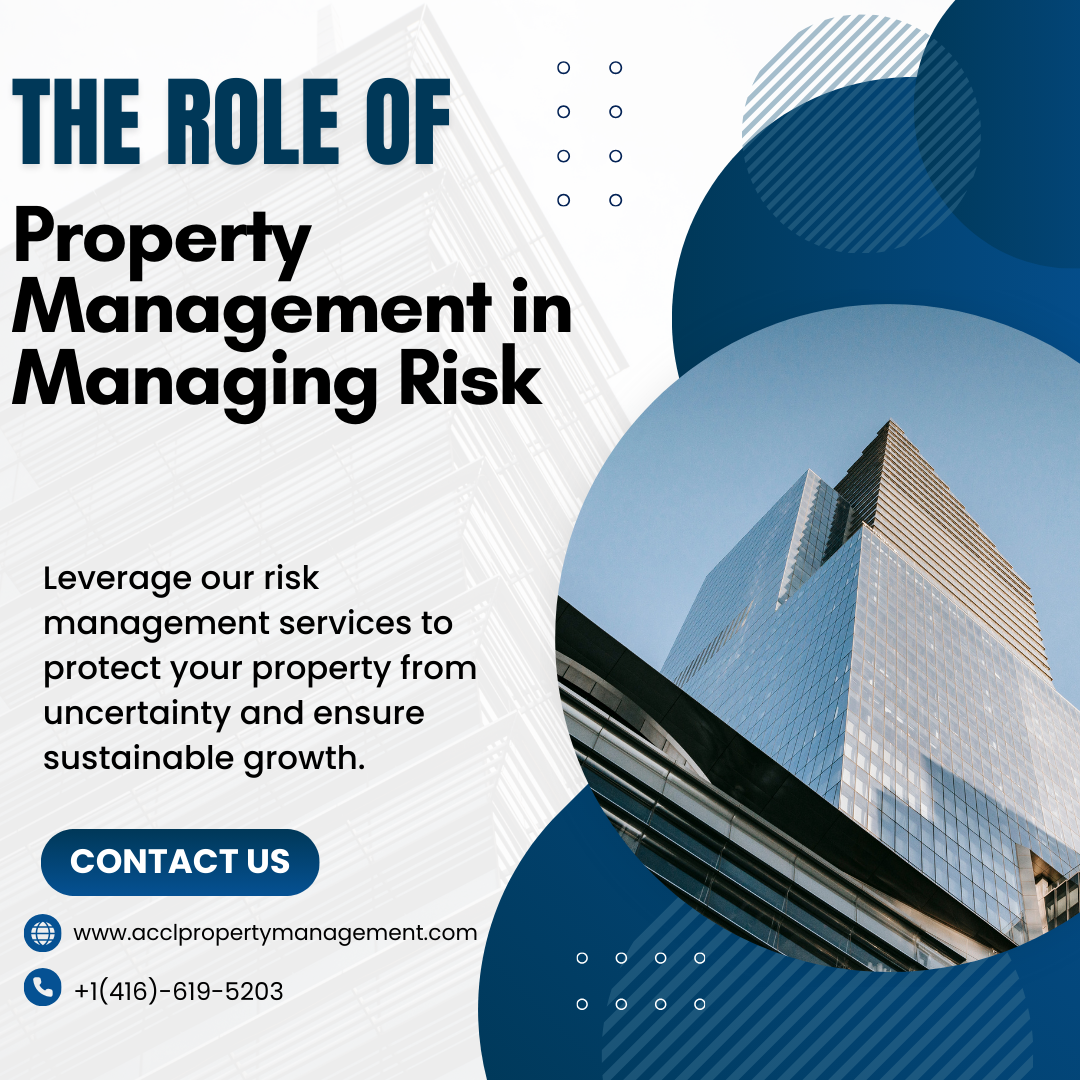The Role of Property Management in Managing Risk
September 4, 2025
Property management plays a crucial role in managing risk for property owners and investors. Effective property management involves identifying, assessing, and mitigating potential risks to protect the property's value and ensure a safe and secure environment for tenants and visitors. In this article, we'll explore the role of property management in managing risk.

Types of Risks in Property Management
- Physical Risks: Damage to the property from natural disasters, accidents, or vandalism.
- Liability Risks: Injuries to tenants, visitors, or trespassers on the property, which can lead to lawsuits and financial losses.
- Financial Risks: Loss of rental income, non-payment of rent, or unexpected expenses.
- Compliance Risks: Failure to comply with laws, regulations, and industry standards, which can result in fines, penalties, or reputational damage.
How Property Management Can Manage Risk
- Risk Assessment: Conducting regular risk assessments to identify potential hazards and take proactive measures to mitigate them.
- Maintenance and Repairs: Regular maintenance and repairs can help prevent physical damage to the property and reduce the risk of accidents.
- Tenant Screening: Thorough tenant screening can help identify potential risks, such as non-payment of rent or property damage.
- Insurance: Having adequate insurance coverage can help mitigate financial risks and protect against unexpected losses.
- Compliance: Ensuring compliance with laws, regulations, and industry standards can help avoid fines, penalties, and reputational damage.
Benefits of Effective Risk Management in Property Management
- Reduced Losses: Effective risk management can help reduce financial losses and minimize the impact of unexpected events.
- Increased Tenant Satisfaction: A safe and secure environment can lead to increased tenant satisfaction and retention.
- Improved Reputation: A property management company that prioritizes risk management can enhance its reputation and attract new clients.
- Compliance: Effective risk management can help ensure compliance with laws, regulations, and industry standards, reducing the risk of fines and penalties.
Conclusion
Property management plays a critical role in managing risk for property owners and investors. By identifying, assessing, and mitigating potential risks, property management companies can help protect the property's value, ensure a safe and secure environment, and reduce financial losses. Effective risk management is essential for property management companies to provide high-quality services and maintain a competitive edge in the market.

